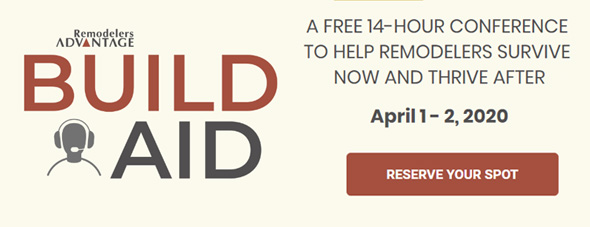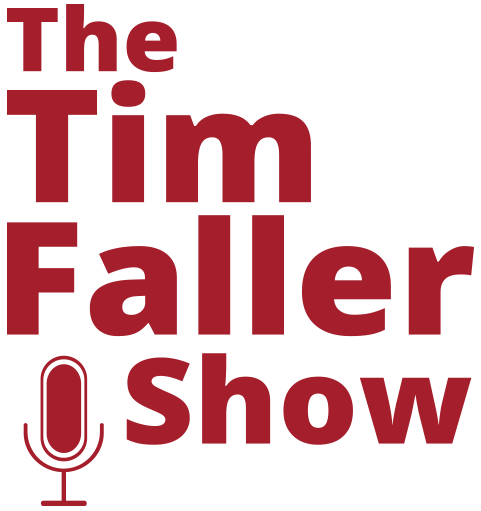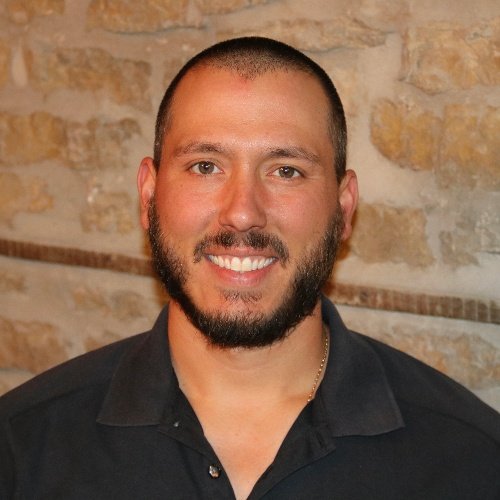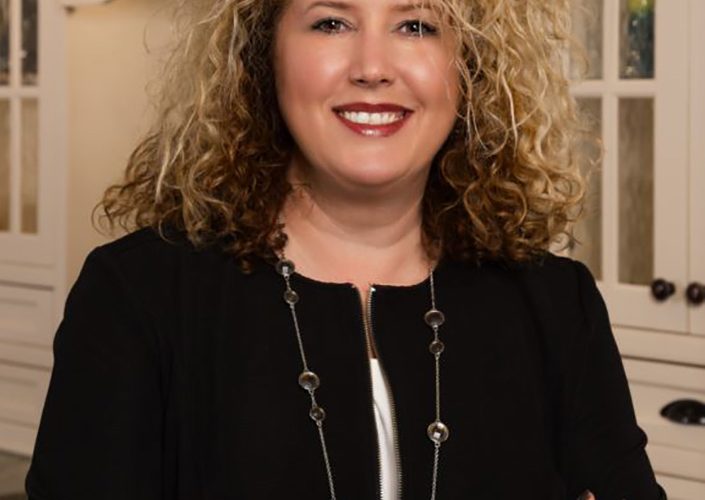Production
Ep.99: The Punch List as a Profit Center with Derek Stone
As he’s stated many times, Tim wants to see punch lists eliminated completely. The punch list can be an invitation for clients to find fault for remodelers. In new home building, there’s a part of the budget set aside to take care of the punch list. It can be a drain on profits.
Usually.
Derek Stone built a business, in part, by completing punch lists and warranty work for other building companies.
In this episode, Derek talks to Tim and Steve about a different side of the building business, and how his systems and training can help your remodeling company.
Derek is the CEO of Stone’s Repair and Remodel in Nashville, TN. Derek started his company as a one-man show in 2011. After working 80 hours a week, for three years, and missing his family, he learned the principle of leverage. He hired his first subcontractor, and within the next nine months, he hired 10. In 2017, he had over 28 subs punching houses for 14 different builders. In those three short years, he went from $68,000 in revenue to 1.2 million.
About 60 percent of Derek’s business is punch list and warranty work, primarily for new tract home builders. His company also does pressure washing and screen enclosures. He says he’s personally done about 7,000 houses himself. He contracts with local building companies to complete the work. Derek talks about his slice of the building and remodeling business, as well as his approach to systems and training, including:
- How long it takes
- Scheduling his subcontractors
- What he learned from Chik-fil-A
- Creating replicable systems
- Training for skill sets
- Maximizing efficiency
- Working strategically with partners
- His profit-sharing plan
- And more …
If you or your team would like to see examples of his training approach for his sub-contractors, Derek has videos on his YouTube channel.
Did You Miss Build Aid?
Did you miss it? Thousands of remodelers, builders and industry professionals attended the Live, two-day virtual conference and got to hear 20+ speakers share tips, advice and strategies on “surviving and thriving” during these challenging times…
But we have Good News… We are keeping the Virtual Event Center open for a few weeks so you can access the recorded sessions and visit with the sponsors and partners that made it all possible. Visit https://buildaid.live/ to learn more.

Ep.98: [Back-Up] Getting Selections Done Before the Job Starts with Tanya Donahue
Editor’s note: We’re all working remotely, away from the podcasting studio, so we’ve dug into the virtual vault to bring you this episode. With so many projects on hold due to Covid-19 emergency orders, take some time to get your systems and processes ready for better days.
Developing a system that makes your kitchen and bath jobs more profitable has to include getting those all-important selections done early in the process — before the job even starts.
Tim does a session on this, and it’s based on what he learned from Rhode Island Kitchen & Bath, in Warwick, RI.
In this episode, Tanya Donahue discusses that process with Tim and Steve, and why it results in exceptional client experiences, and make everyone in the company happy and more productive.
Tanya is the president of Rhode Island Kitchen and Bath, and provides her team and her clients with proven strategic capabilities, backed by her strong record of success. She’s spent more than 25 years in the home building and remodeling industry, and her main focus is to create, communicate, and implement the organization’s vision, mission, and overall direction. Tanya is a member of the Rhode Island Builders Association, served as co-chair of the Remodeler’s Committee and is a former member of the board of directors. She was selected as a 2017 Industry panelist for Harvard University’s Joint Center on Housing Studies, and was a judge of the 2018 National Qualified Remodeler Design Awards. She was also the recipient of the 2017 ProRemodeler Extreme Sales Award.
At the company, when a job packet goes to production from sales, it has every selection made, right down to the color and manufacturer of the caulk to be used. So much money is lost when something is missing on the job. If your company isn’t doing it this way, Tanya says, it may seem overwhelming, but she tells you how to get your organization on board with making selections before the job starts, including:
- Making the client the boss, sort of
- Getting buy-in from sales and design
- How it increases productivity in design and sales
- Including photos in the job packet for easy identification on site
- Starting with the must-haves
- Controlling the client through education in the process
- Figuring out how clients make decisions
- Why cabinets can drive their start date
- Starting with a reservation form, and using it as a reality check on the schedule
- The power of the visual production board
- How to do it without a showroom
- And more …
Integrating sales and production in a continuous communication loop from start to finish is key to the whole process.
Don’t Miss Build Aid on April 1-2…
We want to give back to an industry that has supported us through good times and bad, and so we’ve created Build Aid, a FREE, two-day virtual event to help support our members, associates, and friends in the remodeling community.
Join us on April 1-2 as we explore various ways your business can navigate these tough times, and position yourselves as a leader when the world begins to recover and re-build. Click Here for more information & registration

Ep.97: Getting a Handle On Training with Chris Peterson
Training to help move team members up the ladder is important to any remodeling company and its ability to move fast and make money.
Chris Peterson has seen the importance of training from his first days in the field as a carpenter through to his present leadership position. He says it’s a concrete way to coach and promote great people from the ground up.
In this episode, Chris explains his company’s training methods to Tim and Steve, and shows you how to create your own education program.
Chris is a co-owner and vice-president of production at Schloegel Design Remodel in Kansas City, MO. Chris has been with the company for more than 23 years. He started in the field as a carpenter and progressed to lead carpenter, project manager, and production manager. In 2018, he purchased the business with his partner, Charlie Schloegel. He’s seen the need for better training from many angles.
There’s a real connection between emphasizing training and successful financial growth, says Chris. His company has started Schloegel University, which is in its initial growth phase. Some of the training is after hours on a volunteer basis, and there are mandatory meetings. Chris explains why making it cross-functional with classes that include field and office staff is important, as well as:
- Reactionary vs. proactive training
- Explaining how quality ties into profitability
- How much to spend on training
- Structuring a training program
- Understanding education is already happening
- Setting standards so things are done the same way, every time
- Putting the responsibility on the learner
- Creating enthusiasm around the process
- And more …
Dedicating the time to training, even if it’s informal, will help your people be successful, leading to better quality and more jobs for your company, says Chris.












